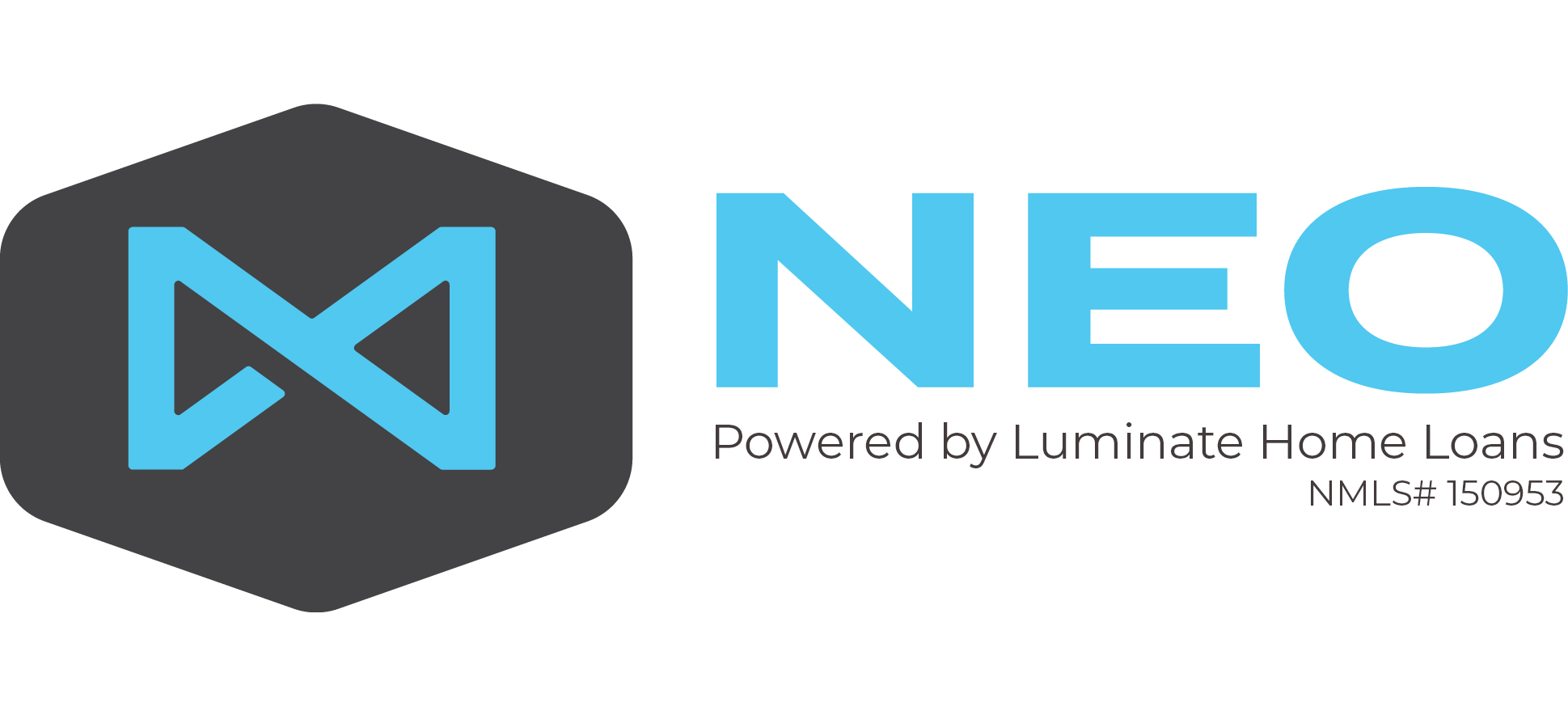Just because the mortgage lender has issued a pre-approval, conditional approval, or even a final approval does not mean that the qualifying process is over. Did you know that most mortgage lenders these days have final verification processes including a credit check and final verification of employment all the way up to the day of closing? The last thing you want to do is jeopardize your mortgage approval right at the very end.
I was reminded of this when I read, How to Get Approval for a Home Mortgage Loan by Rohit Dahiya. One practice I have in place when I issue a pre-approval is to share the Do’s and Don’ts to make sure their pre-approval is protected. I have taken the Do’s and put together a list for you.
To ensure your approval remains rock solid you will want to make sure you follow these do’s all the way up until you go to closing, sign all the paperwork and the transaction is closed.
DO Make Payments on Time
It sounds simple, but every 30-, 60- or 90-day delinquency on your credit report will reduce the credit score used in qualifying you for the mortgage. Your credit score, in turn, will determine the quality of a mortgage you get. If certain hits to your credit occur, or enough of them, your score could decrease so much that it could impact your ability to qualify at all.
DO Save Your Money
Accumulating additional assets is always a good thing. This gives you the flexibility to put more money down or to show financial security through what we call “cash reserves” – money that will be available after all down payment and closing costs are paid.
DO Set Aside Financial Documents
Even though you may be “approved” it is always best to set aside all of your financial documents throughout the mortgage process, especially if you are in the midst of a move. The last thing you want to do is pack all of your documents to find out that the mortgage lender needs something that is packed away and very difficult to find. Avoid unnecessary stress by keeping all of your financial documents (pay check stubs, bank statements, etc.) in an envelope for easy access in case your lender needs it.
DO Communicate Any Changes
If you have any major changes to your financial situation (job change/loss, income change – up or down, 30+ day late debt payment, large change to bank account – up or down, etc.) you will want to let your Loan Officer know so they can determine the impact, if any, to your approval. Even things you would consider to be “good news” can have an impact on your mortgage qualifying.
DO Ask Questions
The mortgage will likely be one of the largest transactions of your life. Now is not the time to be shy. If you have any questions about the type of mortgage you are getting or the mortgage process, ask! Your mortgage lender should have no problems answering your questions. If they do, I would go so far as to say, you might want to find another lender.
Just like the rock in the picture above, your mortgage approval may be solid but it is in balance based on your situation remaining the same. Trying to do things differently that you have in the past may seem like a good idea, but let me tell you from a mortgage loan officer perspective – the best thing you can do is to remain predictable.
By the time you complete a loan application, have your credit report run and provide all of the documentation required to obtain approval your lender will know you pretty darn well. In fact, one of my customers said, “getting a mortgage is the financial equivalent of pulling your pants down in public!” Your lender will know you and your financial patterns. If they have issued an approval based on your financial picture, then stick with what you have been doing. Changing your patterns now, unless specifically advised by your loan officer, is probably not a good idea.


![Read more about the article FHA Loan Requirements 2020…SIMPLIFIED! [Top 7 Rules You Need to Know]](https://lendingahand.com/wp-content/uploads/FHA-Requirements-768x432.jpg)

Pingback: I Feel Your Pain - Stress of Mortgage Process - The Wynn Team at Citywide Home Loans